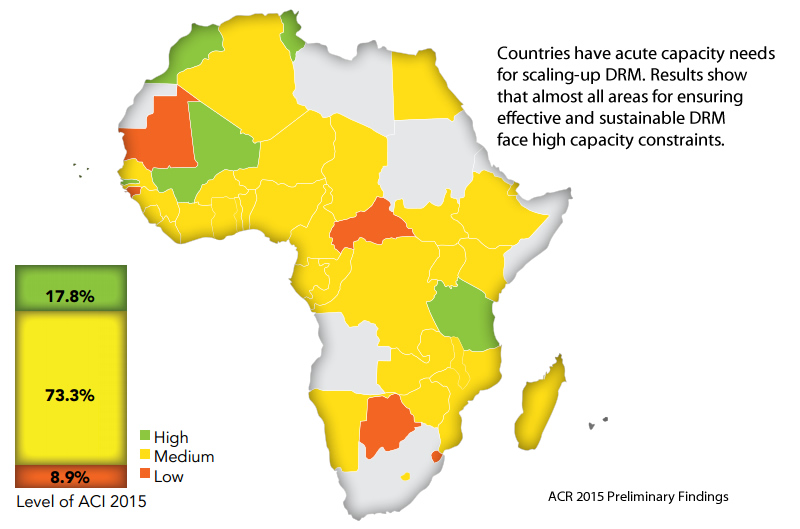
| Area of capacity needs | Very Low | Low | Medium | High | Very High | |
| Fighting Illicit financial flows | 6.8 | 13.6 | 22.7 | 40.9 | 15.9 | |
| Revenue collection | 2.3 | 13.6 | 31.8 | 38.6 | 13.6 | |
| Fiscal sustainability | 2.3 | 7.0 | 44.2 | 46.5 | ||
| Financial sector strengthening | 4.7 | 48.8 | 41.9 | 4.7 | ||
| Fighting corruption | 4.6 | 11.4 | 29.6 | 38.6 | ||
| Social security and safety nets | 4.7 | 25.6 | 30.2 | 34.9 | 4.7 |
- have legal system reforms aimed at law reform, especially where the laws are inadequate, or poorly functioning;
- reduce crime and criminal activities of all kinds;
- undertake reforms in the areas of taxation, banking and capital markets;
- have flexible yet effective laws and regulations to access non-traditional sources of finance and curb IFFs and
- work more on tax reforms that will ensure tax harmonization and a move away from tax exemptions, concessions and holidays
Beside the rules, regulations and building of the required human capacity, it is imperative to build the capacity of key continental, regional and national institutions to increase DRM:
- The African Union Commission and its organs (especially those dealing with legal, audit, tax and parliament related issues)
- The specialized institutions such as the ACBF, the African Development Bank (AfDB), the African Tax Administration Forum (ATAF), the Collaborative Africa Budget Reform Initiative (CABRI) and the UN Economic Commission for Africa (ECA)
- Regional Economic Communities (RECs), specially the AU-recognized ones which will play a great role at the regional level in the DRM chain
- National tax administration and revenue authorities.
Need to foster visionary leadership, change mindset and address other soft capacities. A key element for successful DRM starts with an effective and visionary, committed and accountable leadership that sets the right tone at the top. While there is need for positive social norms, values and practices conducive to DRM, the ability and willingness to learn from experience is equally important.





